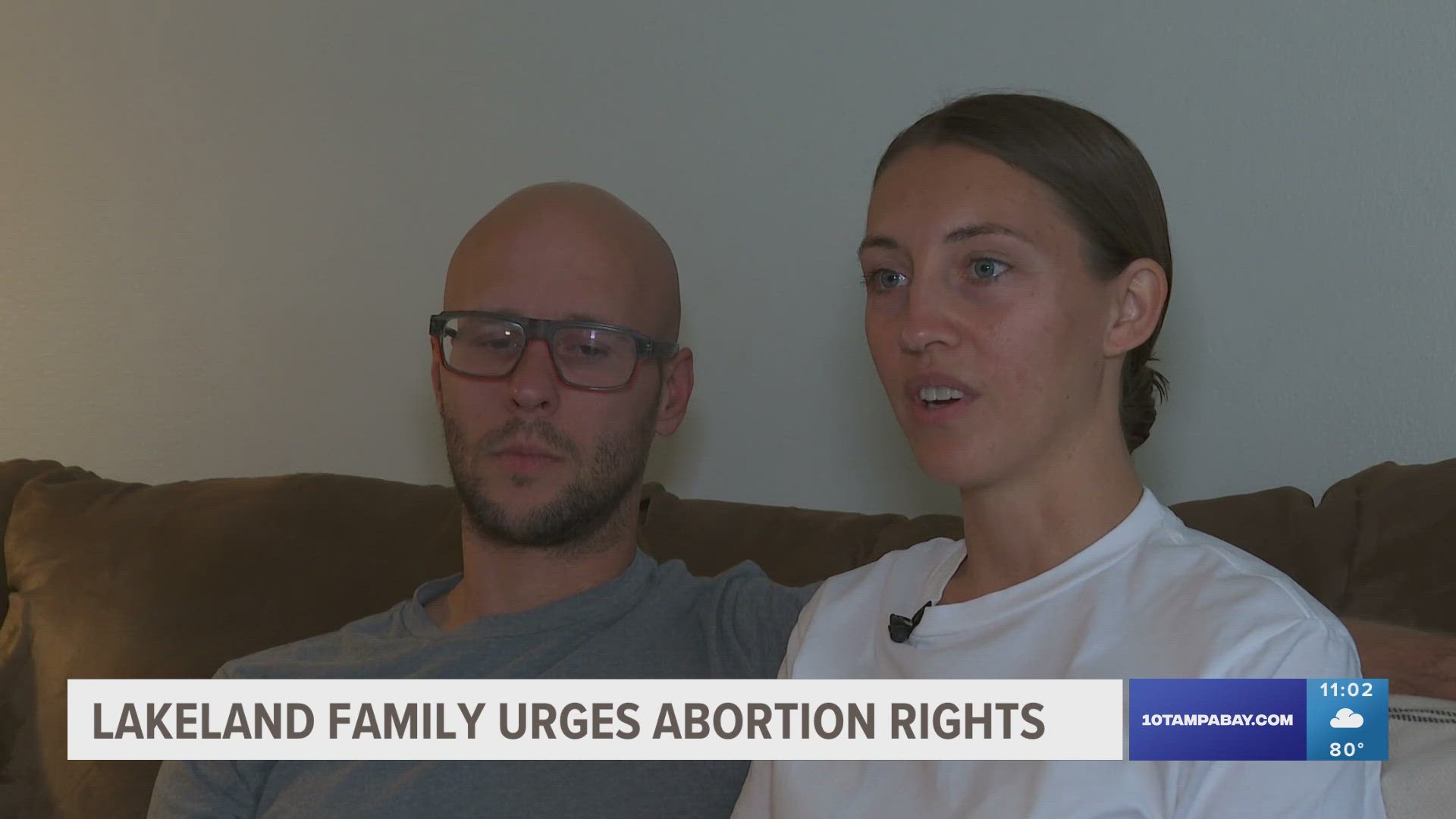“All my life, it has been following me. Through my teen years, I really struggled with it. As you get older, you try to escape it. You do these things to overcome it.”
Taylor Feryo -- a third-generation, hearing aid specialist with a successful practice, large group of loving friends and upbeat personality -- it’s hard to envision what life was like for her, just a few short years ago.
“[There were these] two sides to my life. [Finally] it gave me some peace.”
Feryo was assigned a male at birth. But today identifies as a transgender woman. She is one of thousands of people in America who struggled with their gender identity.
She believes a drug is the reason why.
Almost a thousand miles away, outside of Washington D.C., Dr. Dana Beyer, a transgender rights advocate who ran for the Maryland Senate, describes the drug: a hormone called Diethylstibesterol, also known at DES.
"Clearly the drug was given without understanding the awful consequences. This is the biggest medical disaster in modern medicine until the Vioxx scandal.”
DES is a complicated drug. Given to 5 million women during the 1940s through early '70s, it was meant to prevent miscarriages.
“Many of these women were being told they were given super vitamins.”
Beyer explains there was often no specific dosage, and women were told to take the drug “as needed." For some, the dosage resulted in more than 50,000 times the estrogen of today’s birth control pills.
The Centers for Disease Control and Prevention reports a link between the drug and a certain type of vaginal cancer in the daughters of women who took it. Studies also show possible links with infertility, autoimmune disease and a whole slew of other health problems.
But according to Beyer, who herself was assigned a male at birth, there is something much bigger.
"It was one of those moments … a faceplate moment where you go, 'Oh my God, it really is so obvious. But nobody wanted to deal with it."
She believes the drug also makes the sons of DES mothers transgender.
Beyer's DES research happened more than a decade ago. So why didn’t it get more attention then? Why was it dismissed by so many doctors, and not recognized by the mainstream medical community today?
The answer is twofold.
“It’s unfortunate. [At that time in America] we couldn't talk about it. It was too scary.”
But this is America now. The age of Caitlyn Jenner and other high-profile transgender men and women. Then there is the HB2 trans bathroom debate raging in North Carolina.
The second reason, Beyer admits is because the study was flawed.
“We didn't have medical records of those of us in the '50s and '60s. We need money to get research to undersign and come up with good data.”
Without that "good data" researchers today can't call Beyer's study credible.
After many calls and emails to other medical professionals, even those who do believe endocrine disruptors play a role in gender identity later in life were hesitant and ultimately refused to speak on the subject because of a lack of data and properly conducted research.
“I believe gender assignment is in the mind, as opposed to something in the body.”
Dr. Maxine Sutcliffe, a geneticist at John's Hopkins All Children's Medical Center, says while a link is possible, she believes it's unlikely.
“It is a quantum leap in my view as a scientist, to jump the bridge and say this is the cause without proof.”
Even some in the trans community had their doubts. While researching the story, multiple LGBTQ groups declined to comment or return phone calls.
That is until we spoke with Lucas Whele of Metro Wellness in St. Petersburg.
Whele is a trans male and holds counseling sessions with trans youth. He has his own explanation for those who believe the Beyer study.
“They are trying to find a reason and an explanation for their identity. That’s totally reasonable and acceptable to me. I just don’t believe it.”
So until there is a funded a DES/transgender study, there won't be a definitive answer.
But for Taylor and the thousands of transgender people who now feel "a little more normal, the reasons found by Beyer, are more than enough.
“This is all about education. The more people know, the better off everyone is.”
The CDC has a section of their website dedicated to DES education. Along with it, a self-assessment test to see if you could be at risk for DES side effects.


